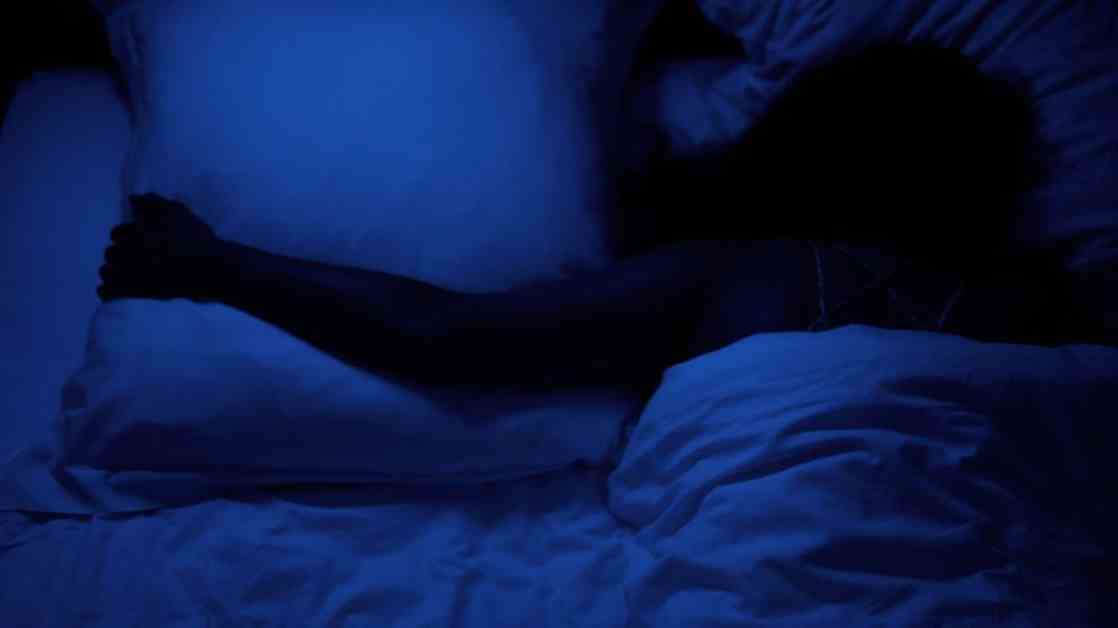Study Shows Link Between Lack of Darkness and Increased Risk of Diabetes
The connection between the absence of darkness and an increased risk of type 2 diabetes was already proven two years ago. This time, the threat is confirmed in the “Lancet Europe”. Details provided by Géraldine Zamansky.
If you’ve been lazy about closing your shutters every night, this article might motivate you. Not sleeping in the dark could increase the risk of diabetes, explains Géraldine Zamansky, a journalist for France 5’s Magazine de la Santé.
According to a new study, sleeping in dim light is essential to avoid raising the risk of diabetes. This was demonstrated through an 8-year study involving 85,000 Britons who wore a light sensor for a week, day and night, at the beginning of the study.
Simply falling asleep with the TV or a bedside lamp on could increase the risk of diabetes by 29%! This percentage rises to 39% with a medium-intensity ceiling light, and to 53% with a rather powerful neon light. Andrew Phillips, the lead author of this publication in the Lancet Europe and an expert in sleep studies at Flinders University in Australia, explained this to me.
This research confirms a previous study that highlighted the imperfect protection of eyelids against light. Light can pass through our closed eyelids, sending a sort of alert signal to the brain. Instead of storing mainly, our “conductor” leaves enough sugar in the blood, in case the muscles need to activate, disrupting the balance normally maintained by insulin.
This study emphasizes the importance of respecting our biological clock. Andrew Philips stresses the importance of maintaining regularity in the alternation between active phases during the day and rest phases at night.
For those who work at night, there is some good news – immersing oneself in darkness can effectively signal the brain to rest, even during the day. By ensuring an adequate amount of sleep, individuals can still maintain a healthy rhythm.
Biography:
Géraldine Zamansky is a journalist known for her work on France 5’s Magazine de la Santé. She has a strong background in health reporting and has provided valuable insights into various medical topics. Her dedication to informing the public about important health issues has made her a respected figure in the field of journalism.




